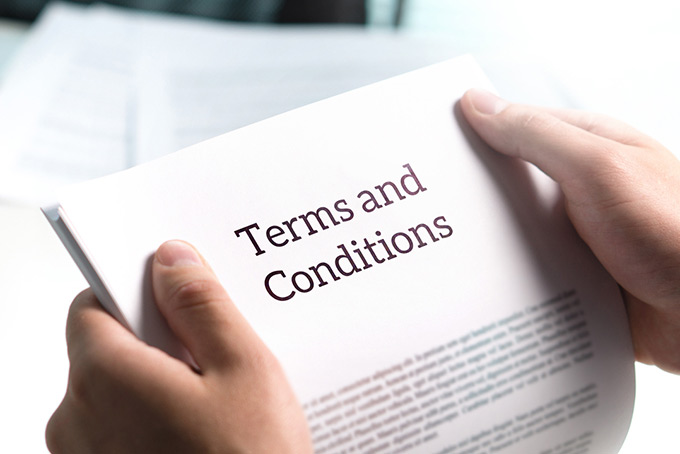Credit Card Pitfalls to Avoid

We’ve said it before, and we’ll say it again: Credit cards can be powerful and useful tools in your financial repertoire – but only if you know how to use them responsibly. Otherwise, overindulging on credit card spending can send you into a tailspin of financial woes.
Whether you’ve just gotten your first credit card or have held many cards for several decades, understanding the risks inherent to credit cards can help you avoid potential pitfalls and develop better credit card habits.
So, what are a few common credit card missteps that can trip up even the savviest consumers? Better yet, what are the right actions you can take to escape these traps?
Too Much Easy Access to Funds
Credit cards are convenient. And while convenience is certainly nice, it can also be a downfall if you’re not careful. Research has concluded that you’re far more likely to overspend when using plastic than when handing over cash – in fact, one study found that participants were ok with spending twice as much with a credit card!
The better action: Regardless of your card’s actual credit limit, give yourself a personal spending limit based on your actual financial situation. Only permit yourself to charge what you can pay off each month.
Too Much Interest
You’re paying your balance in full each month, right? If so, this isn’t an issue for you. But if not, you’ll soon learn that interest makes it harder to pay off the balance. That’s because, in addition to having to pay back the amount you’ve charged, your statement will reflect a higher total because a portion of each payment is applied toward interest payments. This also increases the amount of time it will take you to clear your balance.
The better action: Avoid paying any interest at all by always paying your balance in full (NOT just your minimum payment). If you can’t afford to do that, take it as a sign that you need to cut back on your expenditures. If you’re really struggling, give your lender’s customer service department a call and see if they’re willing to lower your interest rate.
Too Many Opportunities for Spiraling Debt
Don’t forget that when you use your credit card, you’re essentially taking out a loan – a loan that you agree to pay back at the end of your billing cycle. If you don’t repay it on time, you create debt. And the more you borrow without repaying, the farther you sink into debt. Once you’re in debt, your other financial goals get neglected. Meanwhile, paying back your debt gets harder because now you’re also paying interest.
The better action: Keep your credit card balance below 30% of your card’s credit limit. Not only will that help you keep your debts to a minimum, but you’ll also help boost your credit score. And (broken record time) pay your credit card balance in full, on time, every month – if you can’t, you need to recognize the signs that you’re spiraling out of control.
Too Many Confusing Credit Card Terms

Credit card statements can take a while to figure out – if you can’t understand yours, you risk missing key information that affects your bill. For example, there might be different types of balances you can carry with different interest rates that apply to each. Or if your card is associated with a rewards program, there are likely rules (and limitations) on what purchases earn rewards. And then there is all the special vocabulary!
Better option: If you just got your card, don’t use it until you have read – and understood – the fine print. Like any contract, you need to understand all the applicable terms and conditions and how they can affect you. Call your lender’s customer service department if there’s anything that doesn’t add up.
Credit cards are a big responsibility that can be a tremendous lifesaver – or a tiresome burden. It’s all in how you use them. If you’re unsure or uneasy about any of the details, even after contacting your lender, don’t hesitate to reach out to American Credit Foundation with questions about your credit card. We’re here to help you make sense of it all, so you can avoid financial pitfalls.

